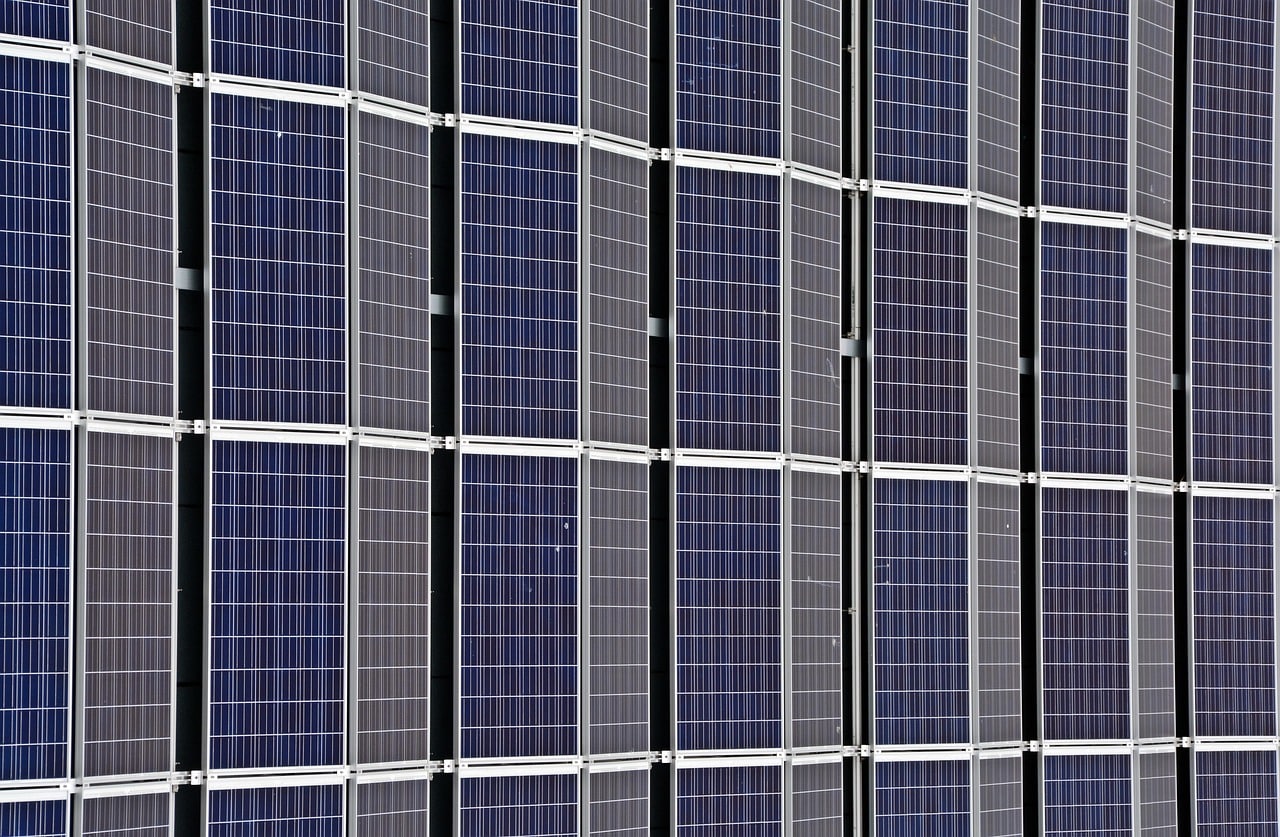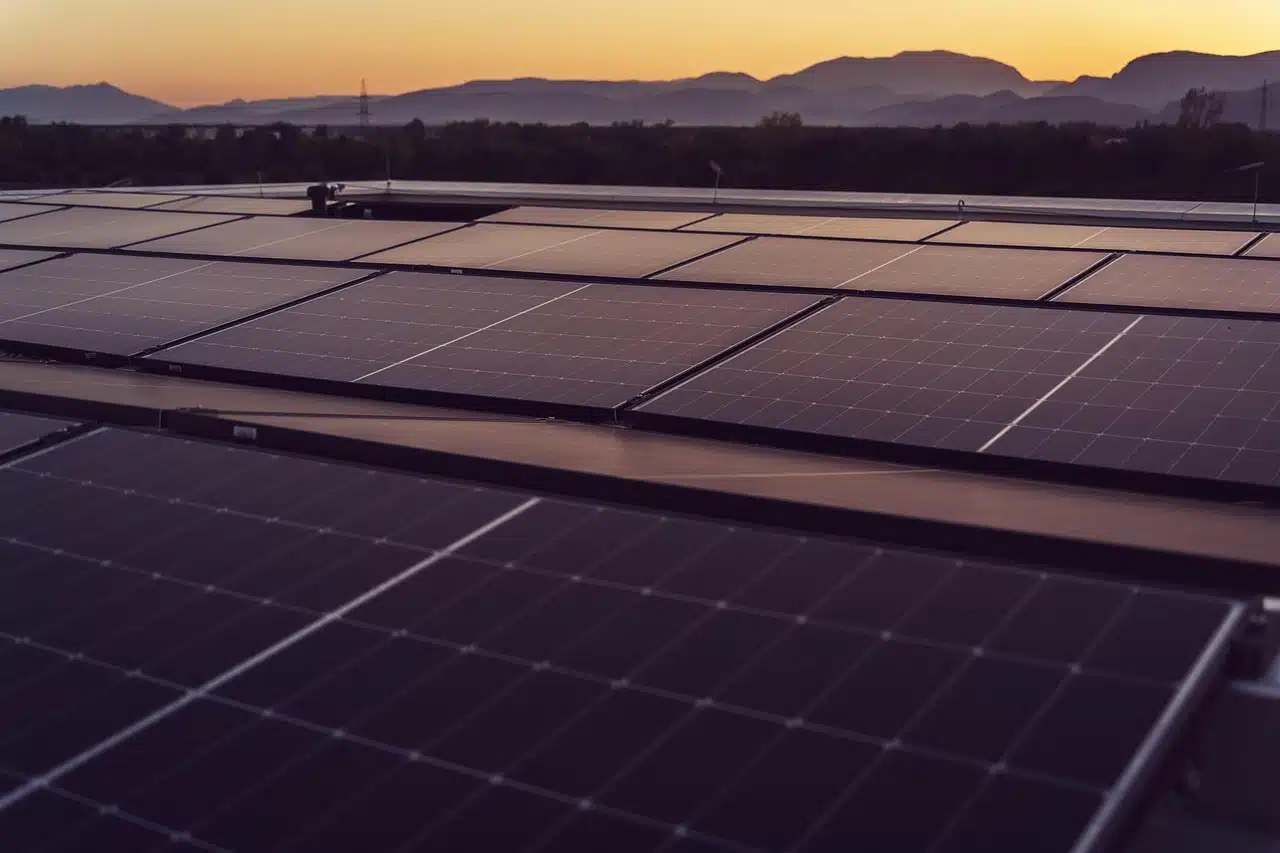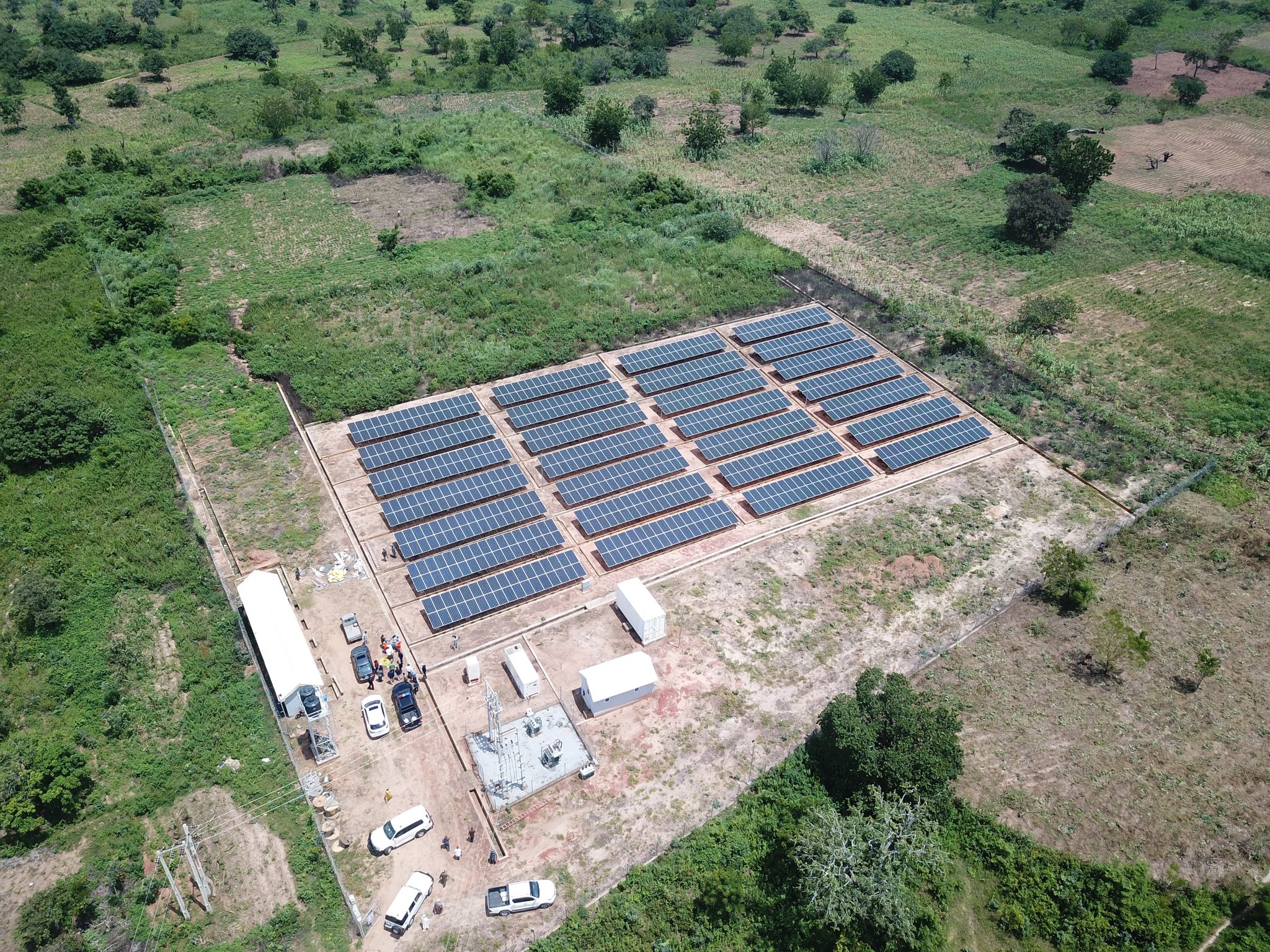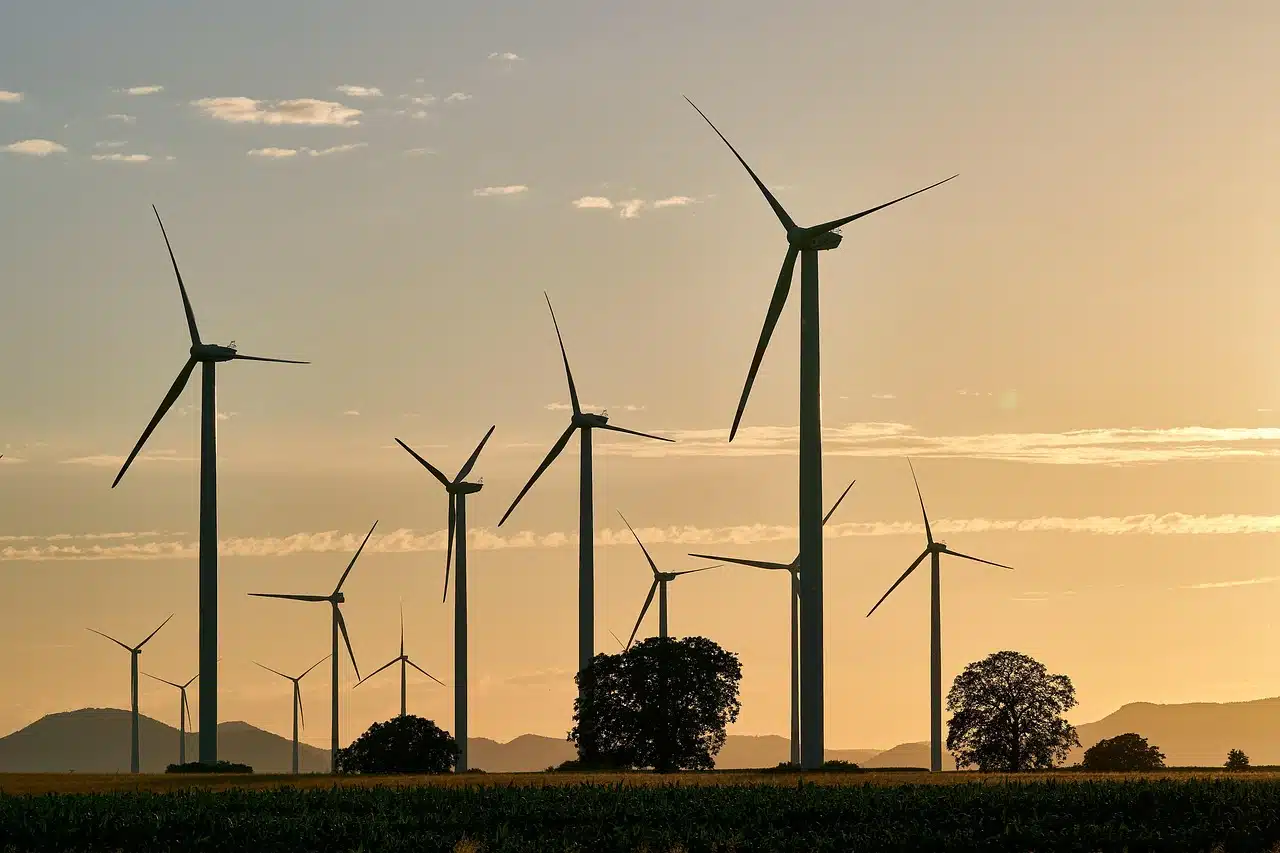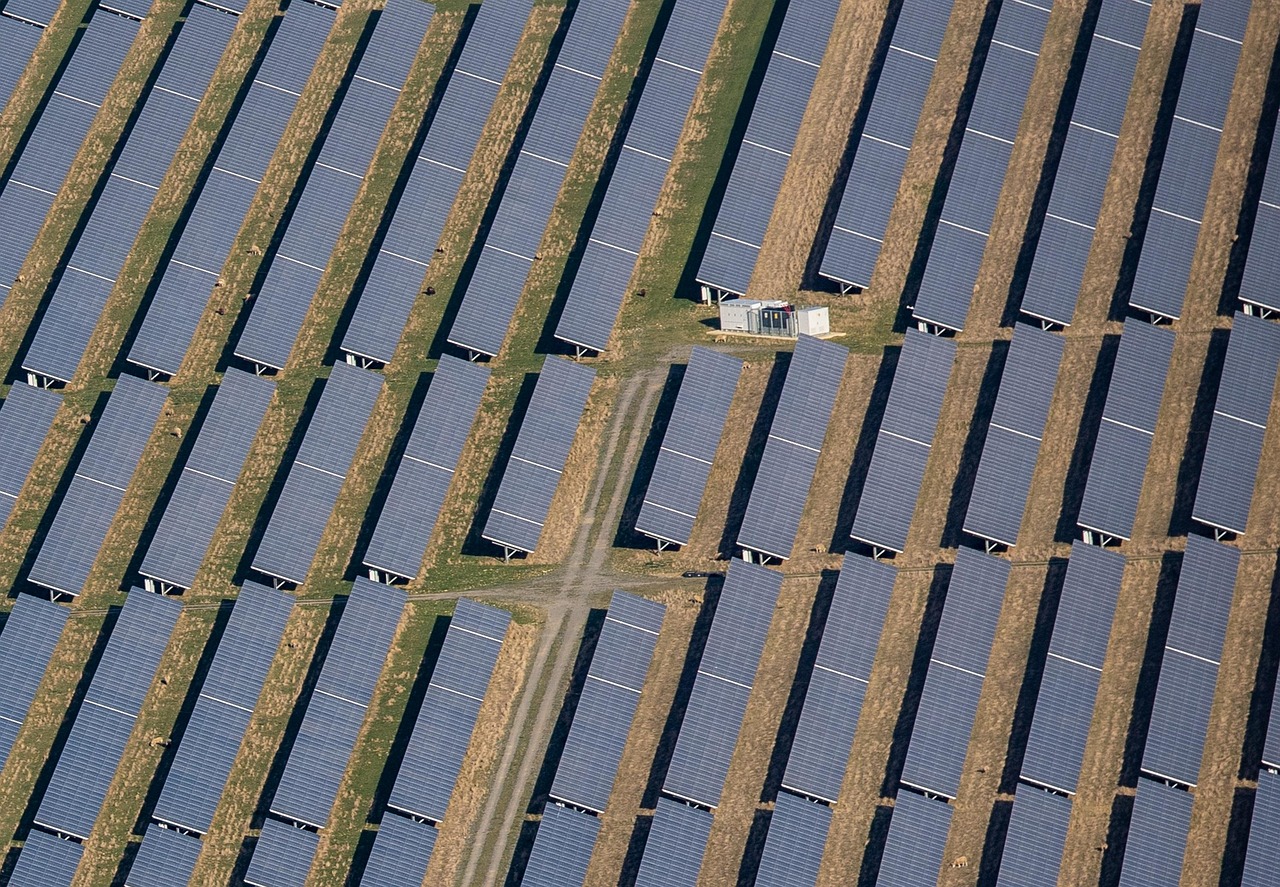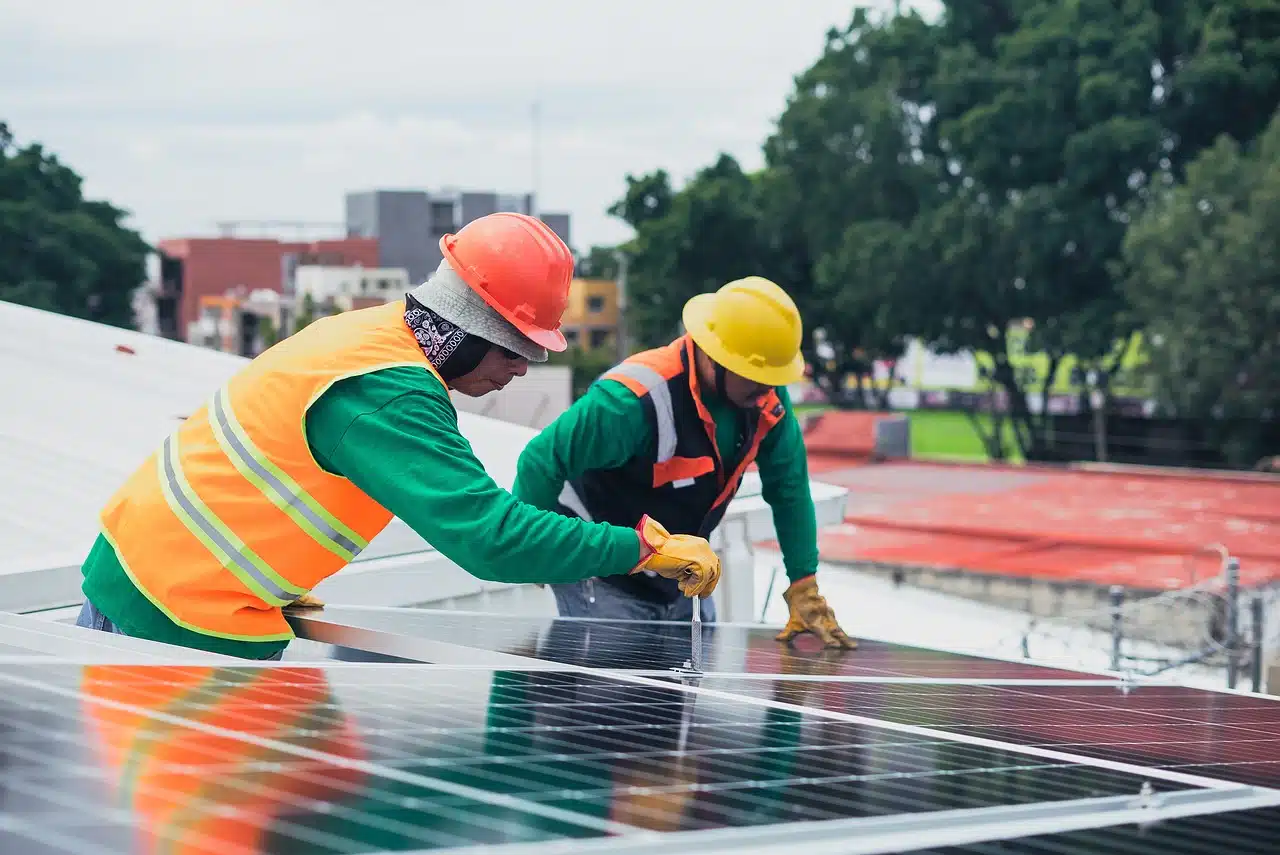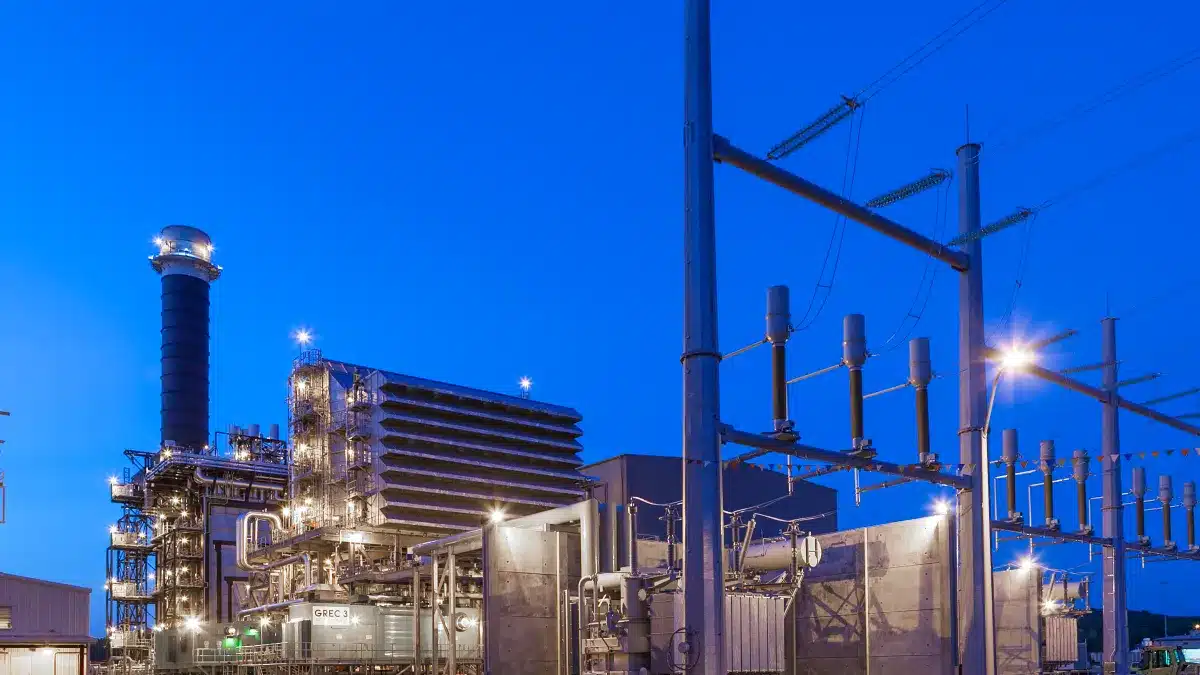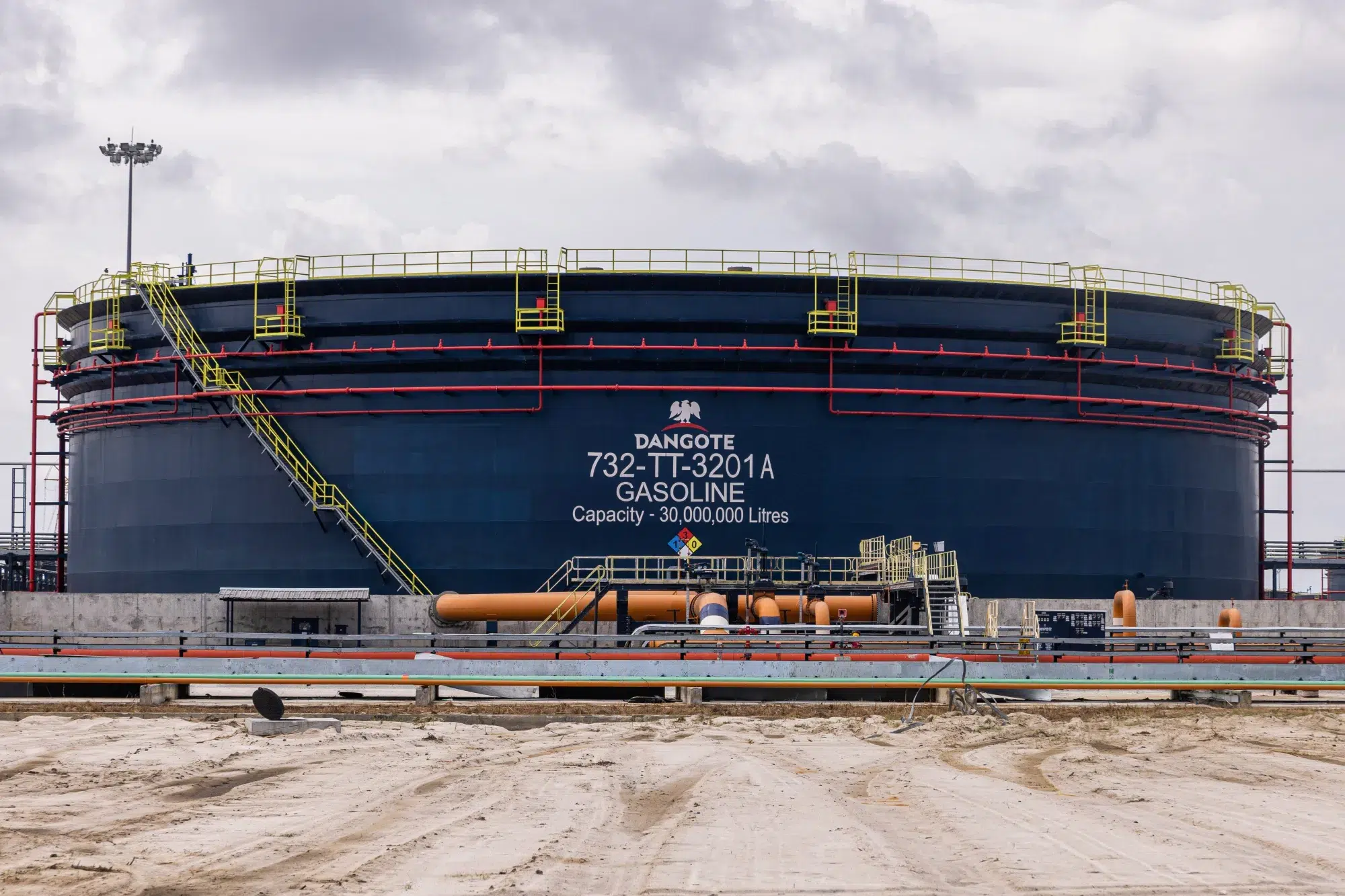Nigeria has achieved a major milestone in its renewable energy journey as the country begins exporting locally manufactured solar panels to Ghana.
The Managing Director of the Rural Electrification Agency (REA), Abba Aliyu, announced the development, describing it as a historic feat and a transformational chapter for Nigeria’s clean energy sector.
The export was carried out by Levene Photovoltaic Technologies (LPVT), one of REA’s strategic partners and Rural Electrification Service Companies (RESCOs).
LPVT has been working closely with the agency to strengthen local manufacturing capacity and promote renewable energy industrialisation in Nigeria.
Aliyu said the breakthrough supports the current administration’s goal of reducing reliance on imported solar panels and positioning Nigeria as a key player in the global clean energy market.
He added that the achievement reflects REA’s efforts to promote local content , drive renewable energy and expand regional markets.
“Together, through deliberate strategies and collaborative actions, we are demonstrating that Nigeria can produce, deploy, and export sustainable energy solutions that power inclusive growth across Africa from right here at home,” Aliyu said.
He stated that before the current administration, Nigeria’s solar PV manufacturing capacity stood at about 120 megawatts (MW) which has now increased to 650 MW.
Nigeria plans import ban
In April, the Federal Government announced plans to ban solar panel imports to promote local production.
The government said the policy change was driven by Nigeria’s growing solar manufacturing capacity and its abundant lithium resources.
The move is expected to create more jobs, strengthen the local economy, and reduce foreign dependence by encouraging the establishment of domestic factories.
Over time, the policy could also drive the development of solar technologies tailored to Nigeria’s specific needs.
In March, LPV Technologies became the third company to commence local solar panel production, bringing the country’s total manufacturing capacity to about 200 MW annually.
Africa’s solar growth
Meanwhile, this article on Energy in Africa explores that solar imports into Africa increased by 60% between July 2024 and June 2025.
The continent imported 15,032 MW of solar panels during the period, up from 9,379 MW in the previous year.
According to the report, 20 African countries set new records for solar imports, with 25 nations bringing in at least 100 MW of panels—up from 15 in the previous year.
South Africa had previously led the surge in 2023, driven by efforts to tackle its deepening power crisis and expand renewable energy adoption.
Nigeria emerged as the second-largest importer of solar panels on the continent, overtaking Egypt with 1,721 MW imported in the period under review.
Algeria followed with 1,199 MW, while Zambia, Botswana, and Sudan also recorded significant increases.
The surge highlights Africa’s growing shift toward renewable energy as countries seek affordable and reliable electricity solutions to meet rising demand.

